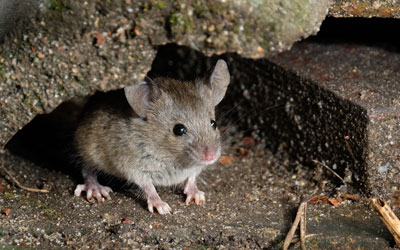 As two of the most common pest rodents, rats and mice cause a lot of trouble for Atlanta GA area homeowners. All types of rodents share a common identifying feature: their ever-growing incisor teeth. They also typically all possess short legs and a long tail, but their similarities stop there. In addition to having different characteristics, these rodents also exhibit different behaviors. A rat infestation can be much different than a mouse infestation, which is one of the reasons why it’s important to know how to tell the difference between these two. Read on for Active Pest Control’ guide to knowing if you are dealing with a mouse or a rat problem.
As two of the most common pest rodents, rats and mice cause a lot of trouble for Atlanta GA area homeowners. All types of rodents share a common identifying feature: their ever-growing incisor teeth. They also typically all possess short legs and a long tail, but their similarities stop there. In addition to having different characteristics, these rodents also exhibit different behaviors. A rat infestation can be much different than a mouse infestation, which is one of the reasons why it’s important to know how to tell the difference between these two. Read on for Active Pest Control’ guide to knowing if you are dealing with a mouse or a rat problem.
All About Mice
Mice are typically significantly smaller than rats and exhibit different behaviors. Here’s how to tell them apart:
- The house mouse is usually just 2–4 inches long.
- Mice have larger ears and a longer tail compared to its body length.
- Mice are often gray or brown in color, with a lighter shade or white color on their bellies.
- Mice droppings have pointed ends and are just 1–2 mm long.
- Most mice feed on fruits, seeds, grains, and occasionally meat.
- They produce 5–10 litters a year with up to 14 mice in each litter.
- Mice forage at dusk and nest in attics, garages, basements, and more.
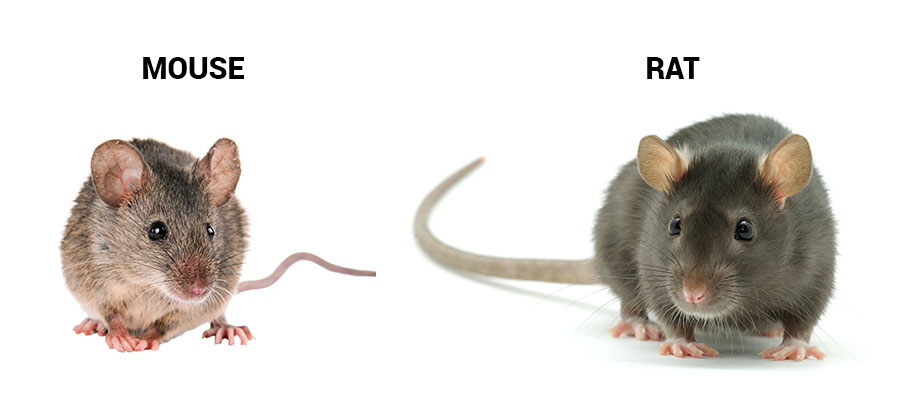
Rat Identification
From the Norway rat to the roof rat, these rodents are known for being larger than their mouse counterparts.
- Rats have thicker bodies and tails that are shorter than the length of their body.
- They possess small hairy ears and larger feet.
- They weigh anywhere from 150 to 300 grams.
- Rat droppings are banana-shaped and much bigger than mice droppings at 10–20 mm long.
- Rats produce 3–6 litters a year with up to 10 pups in each litter.
- Rats are adventurous, omnivorous eaters who will feed on a variety of grains and meats.
- They forage overnight and nest in garages, trees, and basements.
Are Rats More Dangerous Than Mice?
Due to their gnawing and chewing habits, a mouse or rat infestation can be equally dangerous. Rodents are infamous for their ability to carry and spread a number of potentially dangerous diseases. They also can trigger allergies in people. A rodent problem can be a mess to clean up due to the amount of droppings and urine left behind. Lastly, they can cause significant damage to your home. Both mice and rats will chew through insulation, cardboard, wood, and electrical wiring, which can create a fire hazard in your property.
How to Tell If You Have Rats or Mice
It can be easy to tell when you have a rodent problem in your home. However, you likely do not want to get close enough to tell whether you have rats or mice! Your best bet at knowing is to enlist the help of a rodent control expert such as Active Pest Control. We can determine the rodent species that has infested your property and come up with a plan to control them—quick.

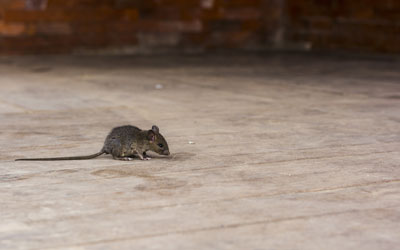 It’s Rodent Awareness Week, and rodent infestations are on the rise. Due to the pandemic, reports of rodent sightings have surged. But why? Back when the coronavirus hit and restaurants began to shutter, rats and mice were suddenly deprived of their food sources. Especially here in Atlanta, this led to more infestations as rodents entered residential homes in search of resources. With the seasons changing as we speak, rodents during the pandemic are even more inclined to be indoors this time of year to stay warm. With infestations on the rise during the pandemic, now is the time to learn how to effectively prevent rodent problems in your property. The team at Active Pest Control is here to help.
It’s Rodent Awareness Week, and rodent infestations are on the rise. Due to the pandemic, reports of rodent sightings have surged. But why? Back when the coronavirus hit and restaurants began to shutter, rats and mice were suddenly deprived of their food sources. Especially here in Atlanta, this led to more infestations as rodents entered residential homes in search of resources. With the seasons changing as we speak, rodents during the pandemic are even more inclined to be indoors this time of year to stay warm. With infestations on the rise during the pandemic, now is the time to learn how to effectively prevent rodent problems in your property. The team at Active Pest Control is here to help.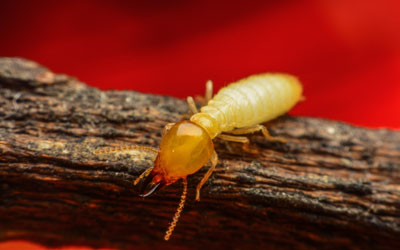 “Termite season” is, unfortunately, all year long here in Atlanta GA. Many assume that termites go dormant in the fall and winter like some other types of pests, but that’s simply not the case. Termites swarm in the spring, but will still dwell in and infest homes throughout the colder months of the year. They are less likely to be seen, especially since they may tunnel further underground to escape dropping temperatures outside. The bottom line is that termites are able to damage your home 24/7, 365 days a year. This makes it all the more important to know how to look for signs of termites in your property, even in the fall and winter months.
“Termite season” is, unfortunately, all year long here in Atlanta GA. Many assume that termites go dormant in the fall and winter like some other types of pests, but that’s simply not the case. Termites swarm in the spring, but will still dwell in and infest homes throughout the colder months of the year. They are less likely to be seen, especially since they may tunnel further underground to escape dropping temperatures outside. The bottom line is that termites are able to damage your home 24/7, 365 days a year. This makes it all the more important to know how to look for signs of termites in your property, even in the fall and winter months.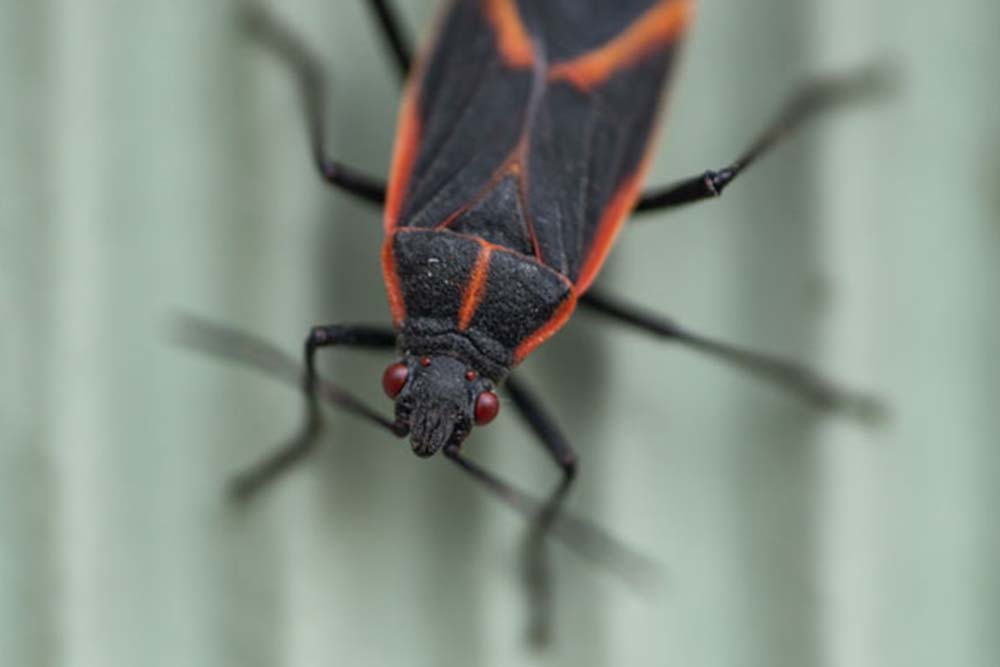 Every fall, there are two bugs in particular that come out in full force in the Atlanta area: boxelder bugs and stink bugs! These fall invaders are inclined to seek out a place to overwinter. They often find shelter on the sides of buildings as the days become shorter. They most often congregate on south- and west-facing walls where they can enjoy more sunlight. This may be a nuisance, but it can become a real problem when the bugs attempt to enter your home. Neither boxelder bugs or stink bugs are dangerous, but they’re still a pain to deal with when they get indoors. Keep reading to learn about these fall invaders and what you can do to keep them out.
Every fall, there are two bugs in particular that come out in full force in the Atlanta area: boxelder bugs and stink bugs! These fall invaders are inclined to seek out a place to overwinter. They often find shelter on the sides of buildings as the days become shorter. They most often congregate on south- and west-facing walls where they can enjoy more sunlight. This may be a nuisance, but it can become a real problem when the bugs attempt to enter your home. Neither boxelder bugs or stink bugs are dangerous, but they’re still a pain to deal with when they get indoors. Keep reading to learn about these fall invaders and what you can do to keep them out.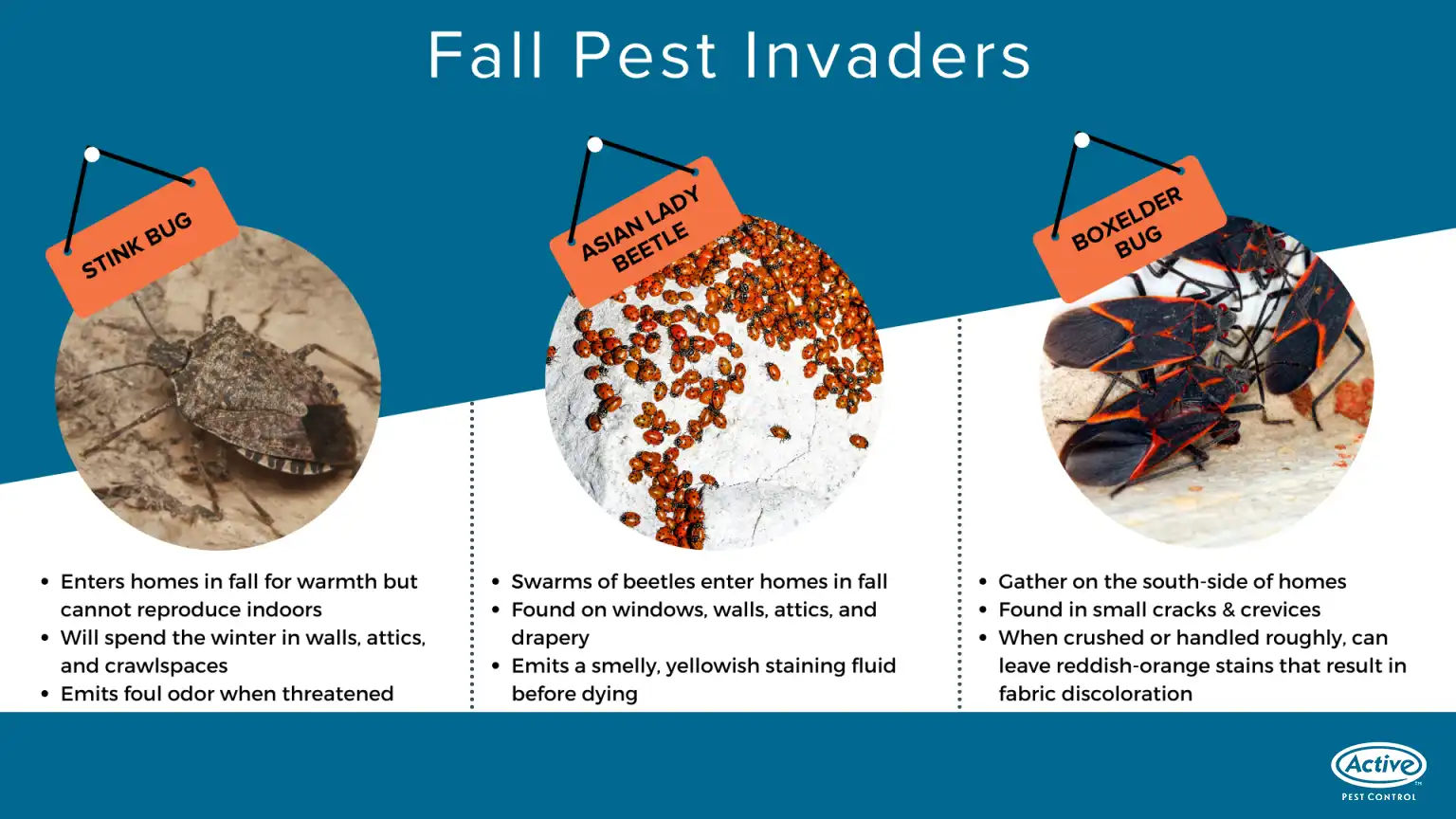
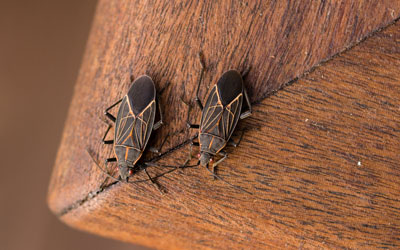 Every year when the weather cools down, there are two insects in particular that are more common than ever. While the stink bug and boxelder bug are primarily nuisance pests, no one wants these odorous bugs invading their property! During the fall in Georgia and Tennessee, these bugs will congregate on the side of your home, particularly on the south or west-facing walls. They may be an eye-sore outside, but the real trouble begins if and when they crawl inside your home. Both of these bugs emit a pungent odor when threatened—and you definitely don’t want your home smelling like them! The team at Active Pest Control has gathered expert information on these bugs—read on to learn how to identify boxelder bugs and stink bugs.
Every year when the weather cools down, there are two insects in particular that are more common than ever. While the stink bug and boxelder bug are primarily nuisance pests, no one wants these odorous bugs invading their property! During the fall in Georgia and Tennessee, these bugs will congregate on the side of your home, particularly on the south or west-facing walls. They may be an eye-sore outside, but the real trouble begins if and when they crawl inside your home. Both of these bugs emit a pungent odor when threatened—and you definitely don’t want your home smelling like them! The team at Active Pest Control has gathered expert information on these bugs—read on to learn how to identify boxelder bugs and stink bugs.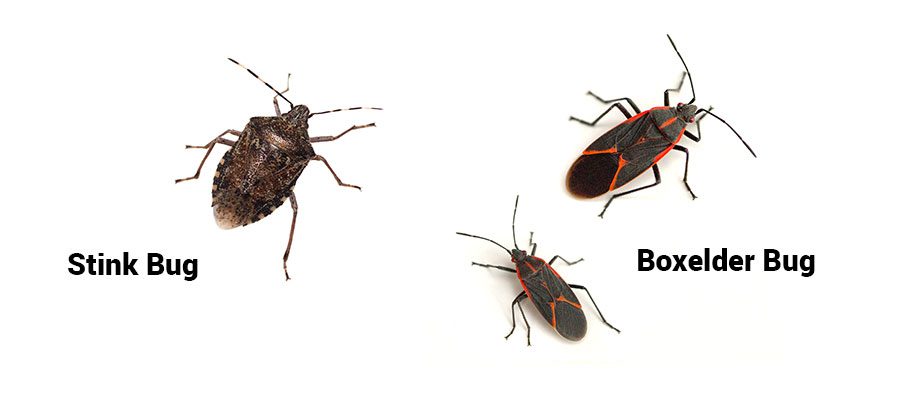
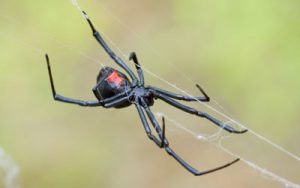 Spiders can be a common pest year-round here in Georgia. Most spiders hatch in the springtime, begin to reproduce in the summer, and are at full force by the time the late summer and early fall months roll around. This is why fall is sometimes called the season of spiders! The good news is that most spiders you will encounter in your home are not going to be of harm to you or your family.
Spiders can be a common pest year-round here in Georgia. Most spiders hatch in the springtime, begin to reproduce in the summer, and are at full force by the time the late summer and early fall months roll around. This is why fall is sometimes called the season of spiders! The good news is that most spiders you will encounter in your home are not going to be of harm to you or your family.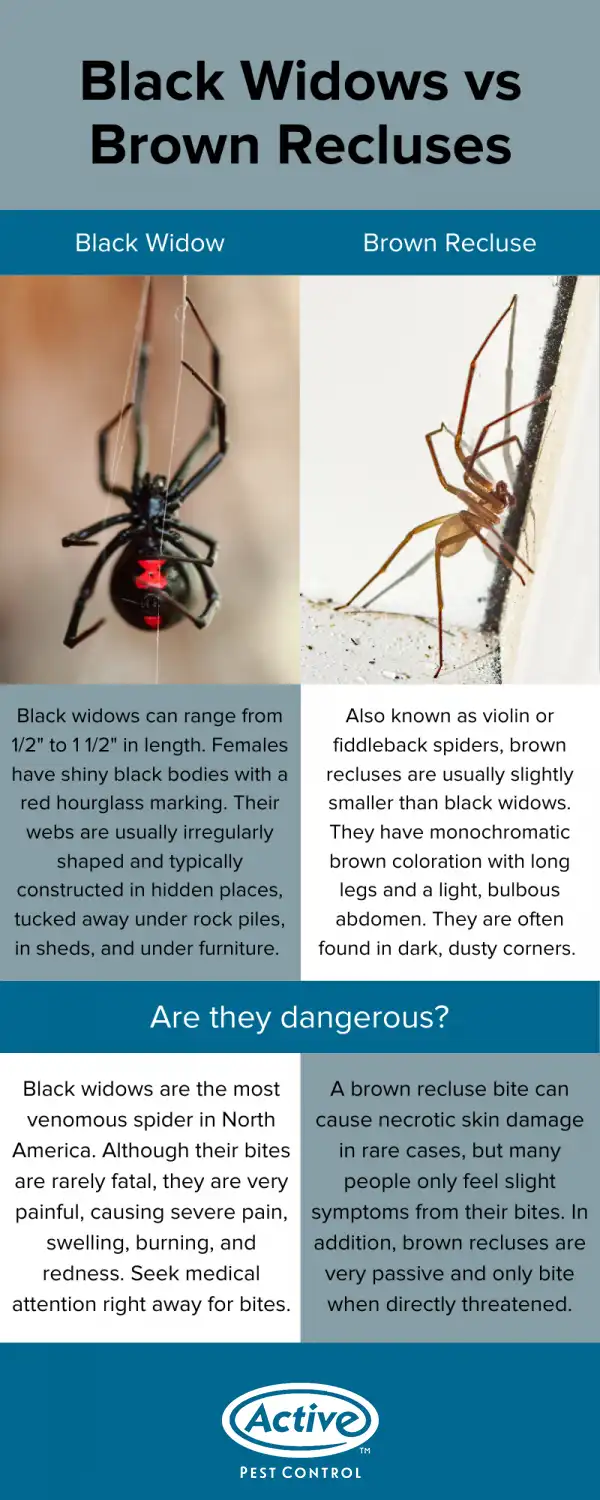 5 Ways to Prevent Fall Spiders
5 Ways to Prevent Fall Spiders With summer winding down, you’re likely wanting to spend as much time outdoors as possible. Whether you are hosting a backyard barbecue or reading out on your patio at night, the last thing you want to deal with is a pest problem. Mosquitoes, ticks, flies, lawn pests, and wasps are just a few of the many pests that can become quite a nuisance. At Active Pest Control, we know you want to enjoy your time spent in your outdoor living spaces to be pest-free*, which is why we’re here to provide you with our top tips for pest-free* outdoor living in your Atlanta area home.
With summer winding down, you’re likely wanting to spend as much time outdoors as possible. Whether you are hosting a backyard barbecue or reading out on your patio at night, the last thing you want to deal with is a pest problem. Mosquitoes, ticks, flies, lawn pests, and wasps are just a few of the many pests that can become quite a nuisance. At Active Pest Control, we know you want to enjoy your time spent in your outdoor living spaces to be pest-free*, which is why we’re here to provide you with our top tips for pest-free* outdoor living in your Atlanta area home.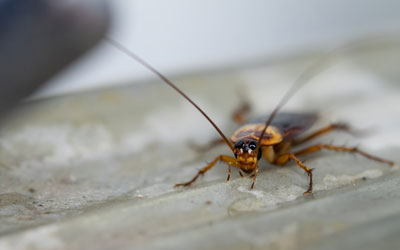 If you’re wondering when “cockroach season” is, we’re in the midst of it! Summertime sees a growth in cockroach infestations and populations, especially here in the Atlanta GA area. Although roaches can survive in many different climates and environments, they generally prefer warm, humid temperatures. As soon as summer rolls around, roaches are more likely to be on the hunt for food. While they breed year-round, the reproduction rate goes up during the summer. Keep reading to learn about summertime cockroach activity as well as what you can do to prevent it with tips from Active Pest Control.
If you’re wondering when “cockroach season” is, we’re in the midst of it! Summertime sees a growth in cockroach infestations and populations, especially here in the Atlanta GA area. Although roaches can survive in many different climates and environments, they generally prefer warm, humid temperatures. As soon as summer rolls around, roaches are more likely to be on the hunt for food. While they breed year-round, the reproduction rate goes up during the summer. Keep reading to learn about summertime cockroach activity as well as what you can do to prevent it with tips from Active Pest Control.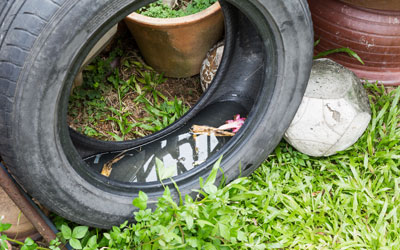 In the middle of the summer, no one wants mosquitoes ruining their outdoor activities. Mosquitoes can breed at a rapid rate. Even worse, they can easily do so right in your backyard if given the chance. Thankfully, there are a number of ways you can disrupt the mosquito breeding cycle and, in turn, keep mosquitoes out of your yard. If mosquitoes lack a suitable area to lay their eggs, they will be forced to look elsewhere.
In the middle of the summer, no one wants mosquitoes ruining their outdoor activities. Mosquitoes can breed at a rapid rate. Even worse, they can easily do so right in your backyard if given the chance. Thankfully, there are a number of ways you can disrupt the mosquito breeding cycle and, in turn, keep mosquitoes out of your yard. If mosquitoes lack a suitable area to lay their eggs, they will be forced to look elsewhere.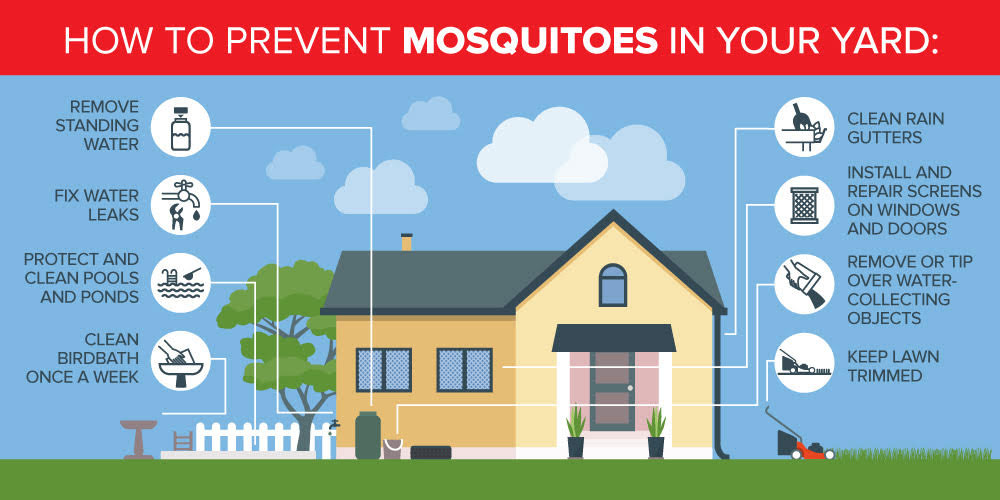
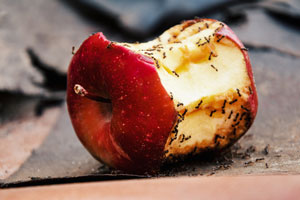 Ants can be a problem year-round, but they tend to show up in overwhelming numbers during the summertime here in the Atlanta area. Although ants aren’t considered as dangerous as other pests, they are the number one nuisance pest in the nation for a reason. They often will appear in your kitchen, bathrooms, and along your floorboards in search for food and shelter. To avoid the frustration of ants in your property, it’s important to learn how to prevent summertime ants.
Ants can be a problem year-round, but they tend to show up in overwhelming numbers during the summertime here in the Atlanta area. Although ants aren’t considered as dangerous as other pests, they are the number one nuisance pest in the nation for a reason. They often will appear in your kitchen, bathrooms, and along your floorboards in search for food and shelter. To avoid the frustration of ants in your property, it’s important to learn how to prevent summertime ants.